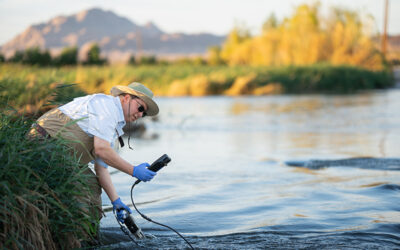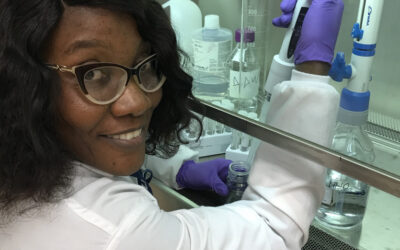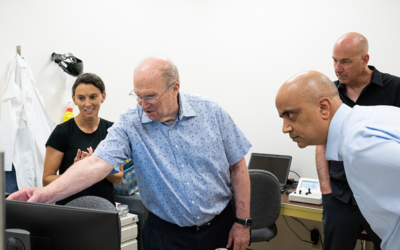Our scientists are able to research some of the most pressing environmental challenges thanks to the support of donors like Marianna Vaughan. After working for Stanford Research Institute as a mathematician deciphering radio communications bouncing off the ionosphere, she eventually retired to Lake Tahoe. As someone who believed in the importance of scientific discovery and learning, she attended one of DRI’s public science talks and quickly became one of our most dedicated supporters.
Like many of our donors, Vaughan preferred to do her philanthropy quietly and didn’t seek public acknowledgment or gratitude. For more than 20 years, her consistent support for the area of greatest need, allowed the DRI Foundation to fund several important initiatives. One area her support helped fund is DRI’s Innovation Research Program which provides seed funding for our most distinguished early-career scientists to pursue early-stage but promising scientific research. The impact of this program in developing new lines of scientific inquiry and discovery cannot be overstated, and we are grateful for her support.
Vaughan recently passed, and we are incredibly touched that her legacy of support for DRI continued through memorial donations in her honor. These donations were made as a result of DRI being listed as one of her favorite charities. We are grateful for her legacy of support for DRI’s impactful science which inspires solutions.
For more information on how to make a gift to support DRI, please contact Kristin Burgarello, director of advancement, at 775.673.7386 or Kristin.Burgarello@dri.edu.



